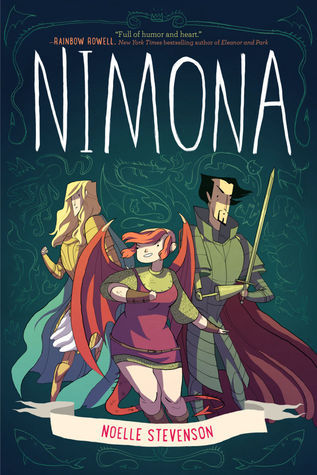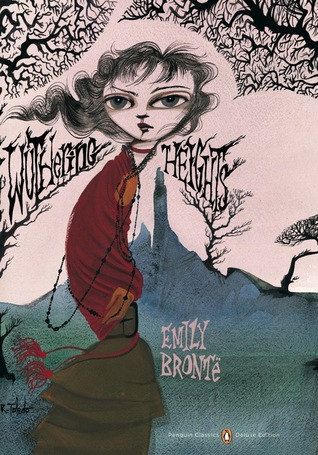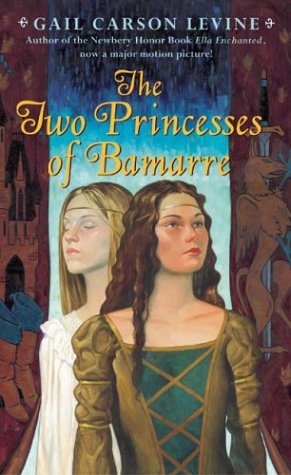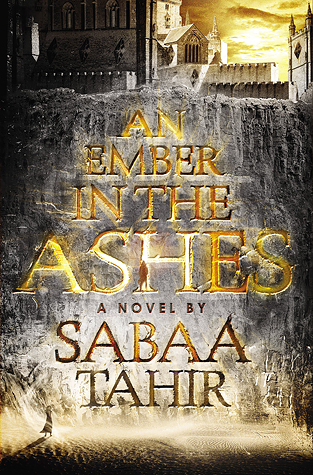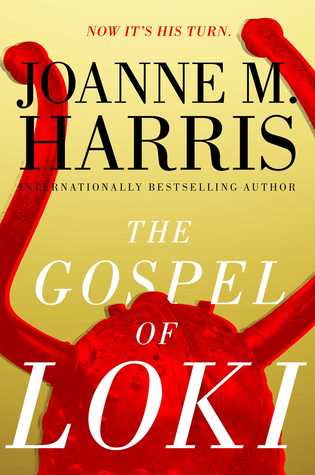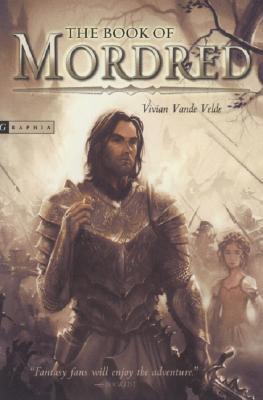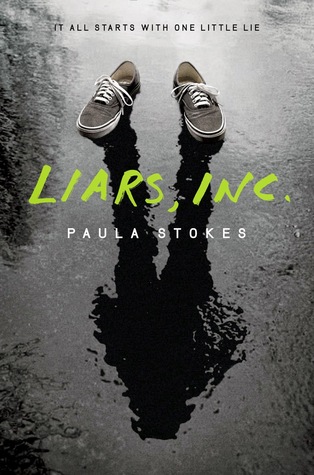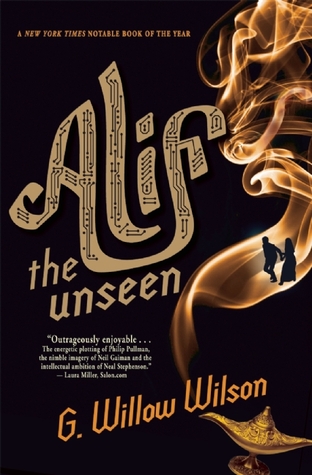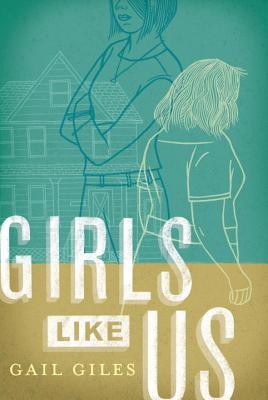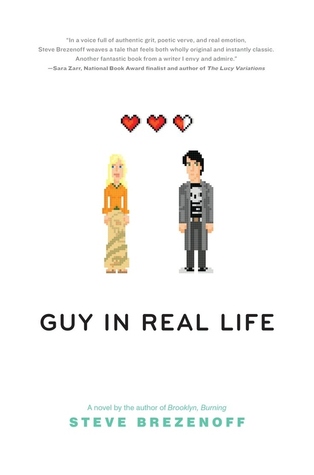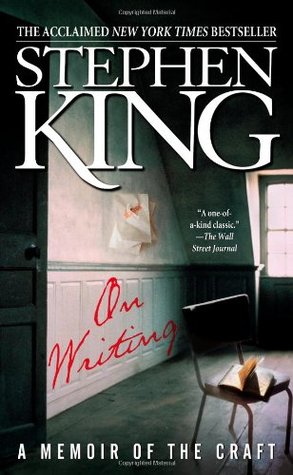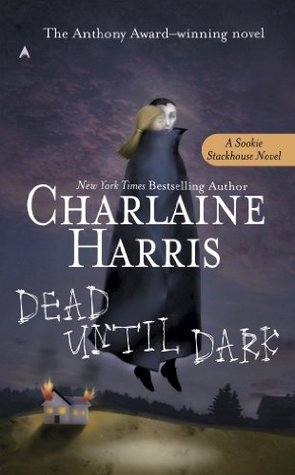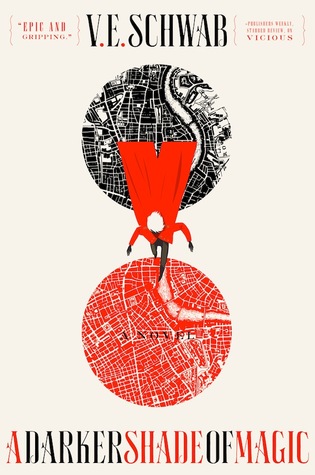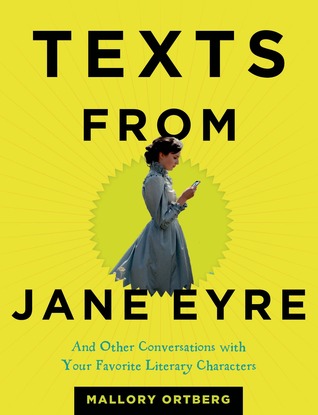Nimona was apparently a webcomic before it was published into the book form that I found at the library and proceeded to read and then hug for a few hours after it was done. So maybe some of you are familiar with it. And you can cry with me over this graphic novel and how perfect it is.
Nimona is a shapeshifter. Ballister is a super villain. Nimona wants to be Ballister's sidekick. Ballister doesn't want a sidekick. He gets a sidekick anyway, who is sometimes, pointedly, a shark. And a fun-tastic time was had by all, except probably Ambrosius Goldenloin, who was cursed from birth not to have a good time because he'll always have that last name.
Noelle Stevenson is a genius with her art. It's simple and cute, and it'll have you rolling in stitches, but then it'll suddenly, treacherously fill up with this straightforward, heart-rending pathos, and you'll find your soul crying softly along with your eyes. The world - a sort of fantasy world with modern tech, a genius move - is perfectly suited to this style. "Sometimes loads of fun, sometimes numbingly tragic" could be the slogan for every part of Nimona.
It's really the relationships that make this story, though. The Nimona/Ballister dynamic is the centerpiece, and it's perfect - actually perfect. Ballister is the grumpy supervillain you always love to love, because they actually have a center of melted chocolate and broken promises, and Nimona... well, Nimona's characterization has to be seen to be believed. They work together with all the bickering and suppressed emotion that you could want.
I won't even get into Ballister and Ambrosius, and Ballister's backstory. And Nimona's backstory! And Ambrosious's role throughout the story as the designated hero! It's all ridiculously clever and surprisingly heavy for such a cutesy art style and I really don't want to review too much, just in case it takes anything away.
If you like graphic novels and great writing, read Nimona. You won't regret it.
